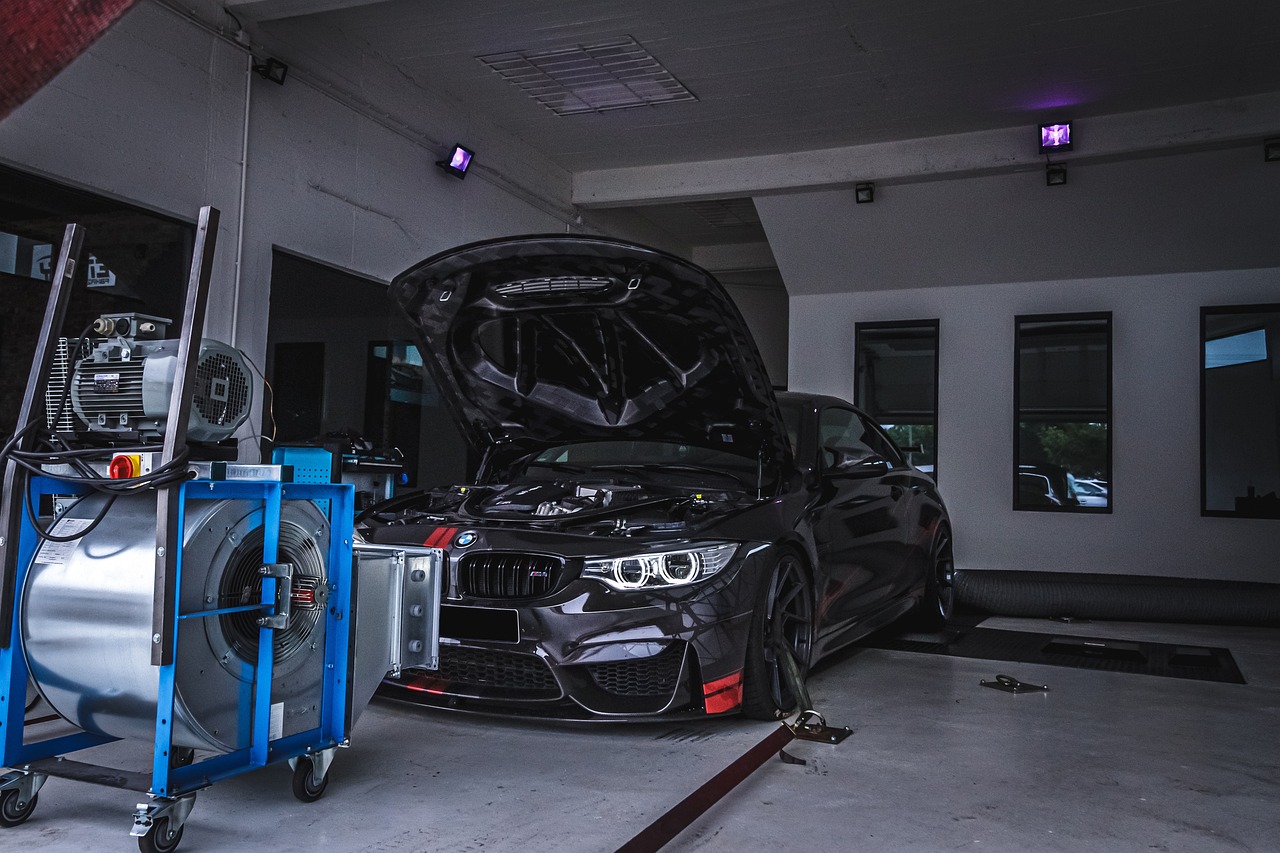
Whether you’re a car enthusiast or simply someone who relies on their trusty four-wheeled companion for daily commutes in Buenos Aires, you know your car needs to pass the VTV process. But there are three types of tests to pass. At vtv Pontevedra, you can ensure you’ll get the best information, even the most detailed ones. But what are those tests? Most importantly, how do you pass the test while ensuring the performance and longevity of your beloved automobile? Get ready to hit the road with confidence, knowing that your vehicle has successfully passed each crucial examination.
An Emission Test
This crucial component evaluates the amount of pollutants emitted by your vehicle. This test basically aims to ensure that your car meets the required environmental standards and is not contributing to air pollution. During this examination, sophisticated equipment measures various exhaust gases, including carbon monoxide (CO), hydrocarbons (HC), and nitrogen oxides (NOx). To conduct an emission test, a certified technician will attach specialized equipment to your car’s tailpipe while it runs at different speeds. The emissions are then analyzed for compliance with local regulations. This test not only helps in reducing smog but also plays a major role in safeguarding our health and preserving our planet.

A Safety Inspection
A safety inspection, on the other hand, ensures your car meets all the necessary safety standards. During this inspection, trained professionals carefully examine various components of your vehicle to identify any potential hazards and ensure its overall safety. This inspection focuses on checking the condition of important safety features such as brakes, tires, lights, and seat belts. Overall, this ensures that these vital components are in proper working order to guarantee your safety while driving. Aside from that, the inspectors will examine the structural integrity of your car and other important aspects like windshield wipers functionality, horn operation, emergency brake effectiveness, and exhaust system condition.
A Mechanical Inspection
When it comes to the VTV process for your car, a mechanical inspection is one of the key tests it needs to pass. This examination focuses on ensuring that your vehicle’s mechanical components are functioning properly and meets the necessary standards. During a mechanical inspection, various aspects of your car’s performance will be evaluated. This includes checking the engine, transmission system, brakes, suspension, steering mechanism, and overall condition of essential parts like belts and hoses. It aims to identify any potential issues or safety concerns that may affect the functionality or operation of your vehicle. The mechanic conducting this inspection will carefully examine each component and run diagnostic tests if needed.
The VTV process is an essential part of ensuring that our cars are safe, efficient, and environmentally friendly. By undergoing three types of tests – emission test, safety inspection, and mechanical inspection – we can have peace of mind knowing that our vehicles meet the necessary standards.